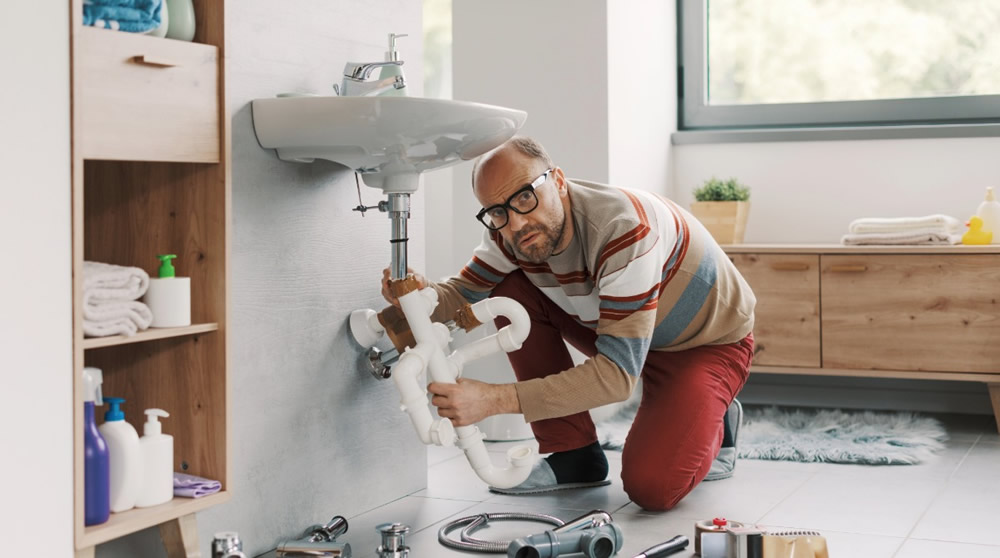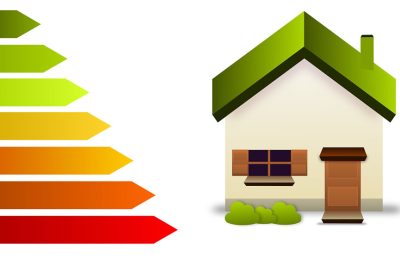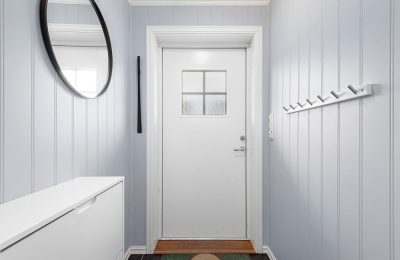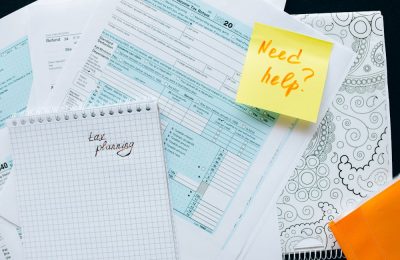The Repairing Standard – it’s super important for landlords and property managers, as well as for tenants, but do you understand the Repairing Standard? As a landlord, do you know what your legal responsibilities are?
We know reading about legislation can sometimes feel like wading through treacle, but trust us, understanding your responsibilities here is key to keeping your tenants happy and your property safe.
What is the Repairing Standard in Scotland?
So, what exactly is the Repairing Standard? Well, essentially, it’s a set of rules that landlords in Scotland must follow to ensure their rental properties are in a reasonable state of repair. Think of it as your checklist for keeping things shipshape.
The Repairing Standard came into force in 2007, under the Housing (Scotland) Act 2006. It aims to improve the standard of houses rented to tenants in the private rented sector. Amendments have made through the years, most recently in March 2024.
We’re focussing on the plumbing and heating requirements, so let’s take a look:
Plumbing: Keeping the water flowing (and draining!)
When it comes to plumbing, you’re responsible for making sure:
- The water supply is working: This means hot and cold water are available, and there are no leaks or issues that would make the water unsafe.
- Water pipes and storages tanks are free of lead: From the boundary stopcock to the kitchen tap, all the water pipes and water storage tanks in the property must be free of lead.
- Drains are clear: Blocked drains can lead to all sorts of nasty problems, so you need to keep them flowing smoothly.
- Sanitary fittings are in good condition: Toilets, sinks, and baths should all be working properly.
Basically, if it involves water coming in or going out, you’re likely responsible for fixing it. Of course, if a tenant clogs the sink with who-knows-what, that might fall on them, but as the landlord, general maintenance is your responsibility.
Heating: Staying warm and cozy
Scotland’s climate means a reliable heating system is a must. Under the Repairing Standard, you need to ensure:
- The heating system is working: This includes boilers, radiators, and any other heating appliances.
- The property is adequately heated: It should be able to maintain a reasonable temperature, especially during the colder months.
- Gas appliances are safe: This is crucial! You must have an annual gas safety check carried out by a Gas Safe registered engineer and provide your tenants with a copy of the certificate.
Do tenants have responsibility under the Repairing Standard?
It can sometimes be tricky to figure out who’s responsible for what. As a general rule:
- Landlords are responsible for structural and system repairs: Leaky pipes, boiler breakdowns, and faulty radiators are usually your responsibility.
- Tenants are responsible for minor issues caused by their own actions: Clogged sinks due to misuse, or not reporting a small leak that turns into a large leak because of neglect would likely fall to the tenant.
Enforcement of the Repairing Standard
The Repairing Standard is enforced in Scotland, and if a tenant believes that it is not being met in their rental property, they can apply have the dispute determined by the First-tier Tribunal for Scotland (Housing and Property Chamber).
The First–tier Tribunal can issue a Repairing Standard Enforcement Order, under which is it a criminal offence for the landlord not to carry out the required repairs. The Tribunal can also issue a Rent Relief Order, reducing the property rent until the enforcement order has been met.
Where to find the official information:
For the full and official information, check out the Scottish government’s website for detailed guidance on the Repairing Standard.
Keeping on top of your responsibilities under the Repairing Standard will not only keep you on the right side of the law, but it will also help you build a good relationship with your tenants. And that, my friend – along with having the details of a trusted plumbing and heating company – is priceless.











